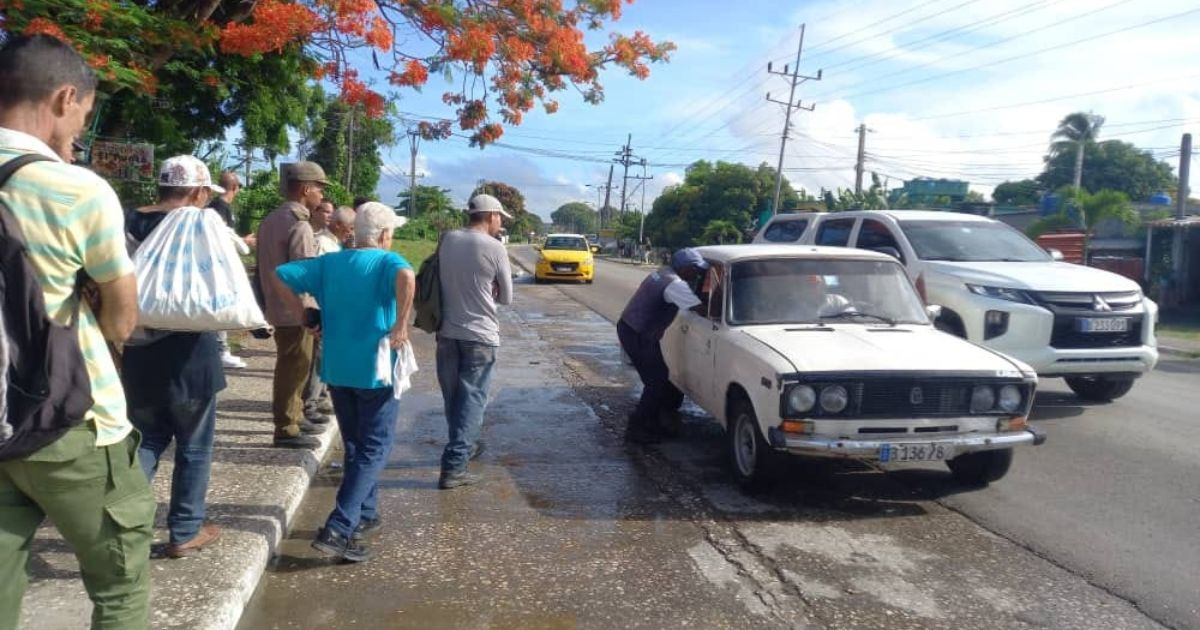
The government of the Villa Clara province has threatened to revoke the driver's licenses of state drivers who do not pick up passengers at the designated points for this purpose.
The official station CMHW reported that the governor of the province, Milaxy Yanet Sánchez Armas, criticized the drivers of state vehicles upon discovering that they do not stop or inform that their routes end near the pickup point.
Sánchez noted that they visited these locations due to the dissatisfaction of the population and witnessed the hardships people are enduring at the interprovincial bus terminal.
A person reported that the conditions at the terminal are terrible, with overcrowding and homeless individuals lying on the seats, forcing travelers to stand.
Additionally, the waiting list is managed at a single counter, which means that both those who are traveling and those who wish to register often have to wait a long time, sometimes in very uncomfortable conditions.
A woman stated that she had been on the waiting list to travel to Havana for two days, but whenever a bus arrived, they only called one or two people. "I can't move from here, and they don't sell food, only snacks, and I am diabetic," she noted.
Another person reported that the interprovincial bus terminal is dirty and that people sleeping on the benches prevent others, like her, who arrived from Sagua la Grande with her child in her arms since 2:30 AM, from being able to sit down.
Finally, the report from the state-run broadcaster highlighted that the main issue affecting people at the terminal is the constant and daily delays of the buses.
Ailen Aparicio Rodríguez, the head of the agency, provided a list of justifications for the institution's ineffective management: "The room is small, and during vacation periods, very few people miss their flights, which are the seats offered on the waiting list."
The management emphasized that in the past, when there were crowds of passengers, the government and Ómnibus Nacionales would deploy extra buses; however, nowadays, it can take up to four days without any arriving.
"We depend on Transtur, Transgaviota, and Transmetro, which occasionally enter the terminal to pick up passengers, but that only happens one or two times a week," he emphasized.
A similar situation was reported in Santiago de Cuba when the fuel crisis led to long waits at a bus terminal.
In July, the Cuban government acknowledged the transportation crisis in the country, revealing that more than half of the provincial routes are paralyzed, as reported during a session of the Cuban Parliament.
Eduardo Rodríguez Dávila, the Minister of Transportation (Mitrans), stated that by the end of April, 52% of the routes of provincial transportation companies were inactive, as reported by the official newspaper Granma.
The minister explained that, of the active provincial routes, 86% operate with just one trip in the morning and another in the afternoon.
Rodríguez admitted that the situation is more critical in the provinces of Camagüey, Granma, Villa Clara, Ciego de Ávila, Holguín, Matanzas, and Artemisa.
Filed under: